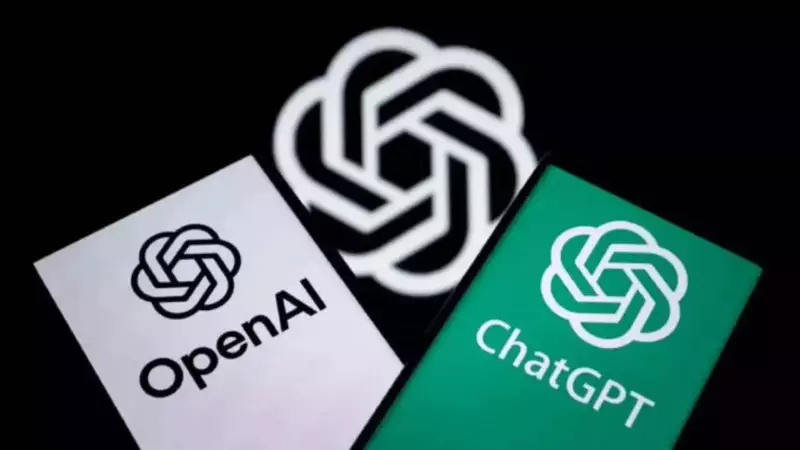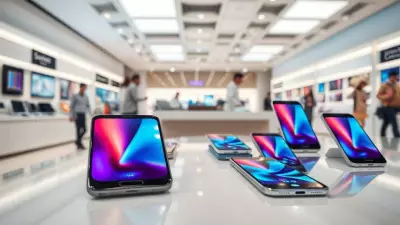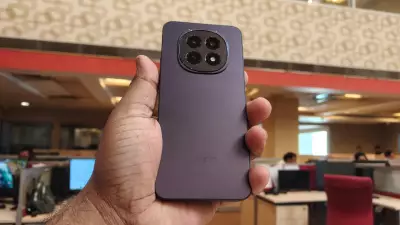
In a groundbreaking move that could transform healthcare technology across India, OpenAI has significantly updated its usage policy for ChatGPT regarding medical and health-related applications. This strategic shift opens up new possibilities for doctors, healthcare providers, and health-tech startups throughout the country.
What Exactly Has Changed?
The most significant update involves OpenAI removing previous restrictions that limited ChatGPT's use in medical contexts. The company has introduced specific guidelines that allow for healthcare applications while maintaining crucial safety measures to protect users.
Key Policy Updates Include:
- Expanded Medical Applications: ChatGPT can now be integrated into healthcare systems and medical devices
- Clearer Guidelines: Specific protocols for handling sensitive health information
- Enhanced Safety Protocols: Built-in safeguards to prevent medical misinformation
- Developer-Friendly Framework: Clear pathways for health-tech companies to build compliant applications
Implications for Indian Healthcare
This policy change comes at a crucial time for India's rapidly growing digital health ecosystem. With the government's push for digital health initiatives and the increasing adoption of telemedicine, ChatGPT's enhanced capabilities could accelerate innovation in several key areas.
Potential Applications in the Indian Context:
Medical Documentation: ChatGPT could assist doctors in maintaining patient records and generating clinical notes, potentially reducing administrative burden in busy Indian hospitals.
Patient Education: The AI could help create personalized health information materials in multiple Indian languages, making healthcare knowledge more accessible to diverse populations.
Diagnostic Support: While not replacing medical professionals, the technology could assist in preliminary analysis and symptom checking, especially in rural areas with limited healthcare access.
Safety First: OpenAI's Cautious Approach
Despite the expanded permissions, OpenAI maintains a careful balance between innovation and safety. The updated policy emphasizes that ChatGPT should not be used for serious medical emergencies or as a substitute for professional medical advice.
"The changes reflect our commitment to responsible AI development while enabling beneficial healthcare applications," the policy states, highlighting the company's measured approach to this sensitive domain.
What This Means for Indian Health-Tech Startups
For India's booming health-tech sector, this policy update represents a significant opportunity. Startups can now explore integrating ChatGPT into their platforms for various medical applications, from patient engagement tools to clinical decision support systems.
The timing aligns perfectly with India's growing focus on digital health infrastructure and the increasing acceptance of AI technologies in healthcare settings across the country.
The Future of AI in Indian Healthcare
This policy shift marks an important milestone in the integration of artificial intelligence into India's healthcare landscape. As ChatGPT becomes more accessible for medical applications, we can expect to see innovative solutions emerging that address unique challenges in the Indian healthcare system.
The updated policy not only opens doors for current applications but also sets the stage for more advanced AI healthcare solutions that could transform how medical services are delivered across urban and rural India alike.






